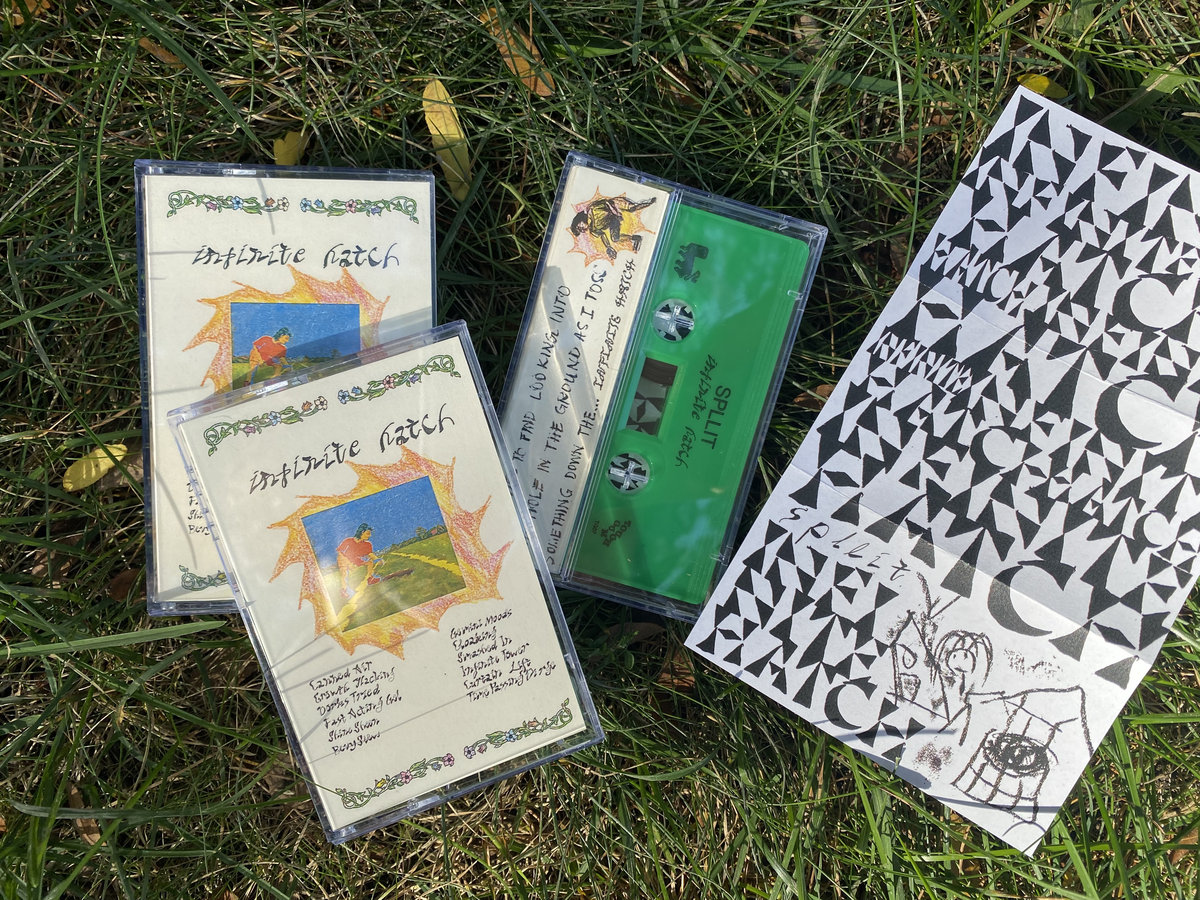Computer – Koy Pond
11.08.2023 by Ryan Masteller

You might assume that the artist behind a solo guitar endeavor would be the kind of person to regularly hop atop their Marshall amp and flash the devil horns before ripping off solo after righteously technical solo as pyrotechnics erupt around the circular stage they’re clearly performing on in front of thousands of admiring fans. But no number of metal faces flashed or tongues wagged in defiance of the rules will matter if the music is all flash, no substance. It’s easy to judge a guitar hero based on the surface characteristics, but what happens when you get beneath the façade? What happens when you expose the gaping void at the center of their being, when you hold a mirror up to their true self to show them how empty their gestures are? That double middle finger to the establishment is reflected right back at them, and it can be rude awakening.
I know. I’ve lived it.
But there’s a flip side to this, where the guitar hero looks not to accumulate outward accolades but to search inward to find their true self at the center of their being. This is more along the lines of what Zona Zanjeros has done here with Koy Pond, an experimental guitar mediation gone nuclear, its blast radius extending far beyond Zanjeros physical presence and out into the wider Brooklyn neighborhood in which this was recorded in a single session, likely leveling a few blocks in the process. (Sorry, everyone!) Yes, this is just Zanjeros and a guitar (and Ableton). Yes, this is released under the moniker “Computer,” suggesting deep technical programming and orderly execution. And yes, I imagine myself peacefully looking at fish at first. But then it gets weird, and wild, and finally, I think Zanjeros ends up on top of a Marshall amplifier, flipping two birds at whoever’s closest.
Because who’s to say this is really a guitar at all? It’s amazingly varied, with Zanjeros virtually following every whim available clouding the instrument in effects, recording it at all kinds of levels, sending the notes/sounds/patterns careening in all sorts of directions, sometimes off cliffs. Where “Computer” becomes a proper moniker is in the processing, as it’s clearly fussed with, much to the delight of all zoner freaks who want nothing more than their minds melted or crispily fried like shorting-out effects pedals. Wait a minute – Zona, zoners? Not coincidental. As these passages stretch past reasonable runtimes and into contemplative headspace, we’re left to ponder the internal, the meeting of technology and human interaction with it, blanketing ourselves in silver sheens of static and ducking from phased pings of freaky fretwork. Getting to the heart of ourselves. Peering into the heart of Computer.
You are a mere six dollars away from this trip yourself – and only three copies of the original run of sixty-five are available from Drongo Tapes! You know what to do.





